
Blog: A Sustainable Future
The greatest threat to our planet is the belief that someone else will save it. Let’s talk about why we need environmental change, and how we can get involved in this sometimes complex, but very, very urgent matter!
There is increasing debate about the need to be sustainable and environmentally friendly. [RMB1] Many people perceive global warming to be a political topic and consequently have the expectation that governments should be the ones leading the way and taking concrete action to fight climate change. In fact, the European Union (EU) and its member states have been actively involved in the battle against global warming for many years. The EU’s environmental policy is based on the principle of sustainable development, which seeks to balance economic growth with social and environmental considerations. The EU has implemented a range of policies and measures aimed at addressing environmental challenges such as climate change, biodiversity loss and pollution. This is great progress, but it’s important to remember that developing new laws and passing legislation can be a lengthy process. It takes time that unfortunately, we don’t have.
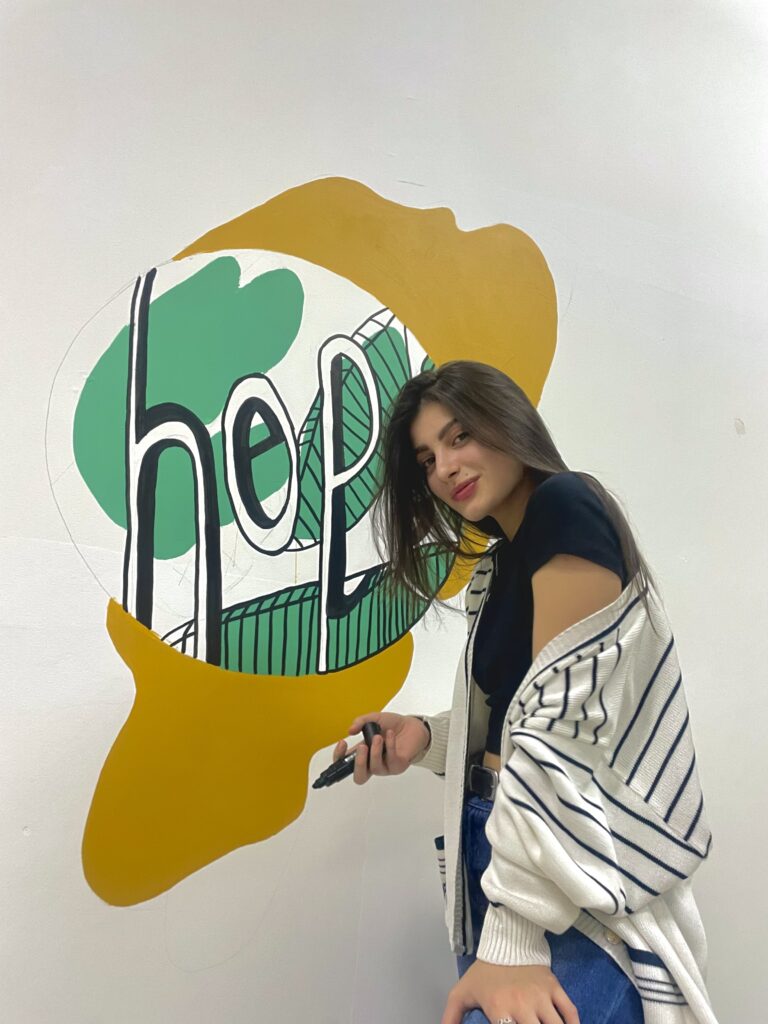
The World Wildlife Fund says the rapid loss of species we are seeing today is estimated by experts to be between 1,000 and 10,000 times higher than the natural extinction rate, that is the rate of species extinctions that would occur if we humans were not around. Climate change could be irreversible by 2030 according to a report by the UN Intergovernmental Panel on Climate Change (IPCC). Equally concerning is the fact that we are all consuming more of the Earth’s resources than it can renew. This is marked every year by Earth Overshoot Day, the point in the calendar when a country has consumed more resources than the planet can renew in that same year.
Urgent action is needed to avoid the catastrophic effects of global warming. The good news is that in fact, all the solutions we need already exist. We already have the technology, renewable resources, and vegan food alternatives to solve a large part of the problem. So, the real question that we should be asking ourselves is: why are we not all living sustainable lives already? What is missing?
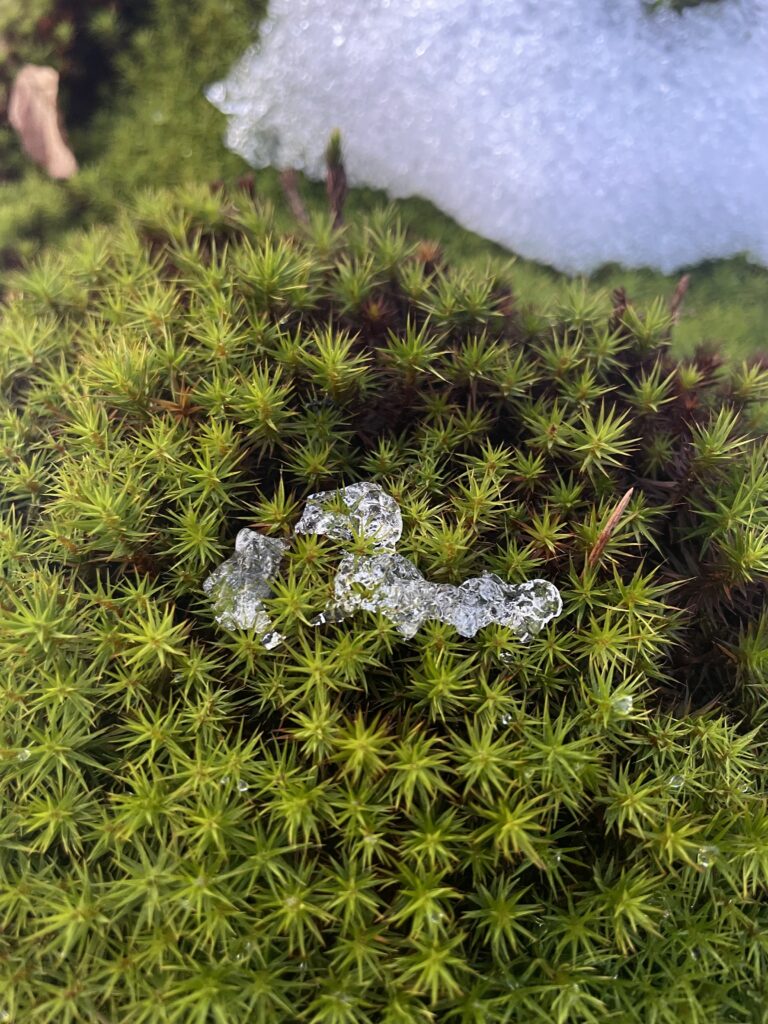
We need to act. If eight billion people start making more sustainable choices, the world will change. It will show our governments that we not only demand change but embody it.
This doesn’t mean that we need to become vegan overnight, only ride bikes, and stop buying new clothes. The point is that less is more, and that being sustainable starts with lowering our consumption.
The slogan “Reduce, Reuse, Recycle!” can be a helpful way to remember this.
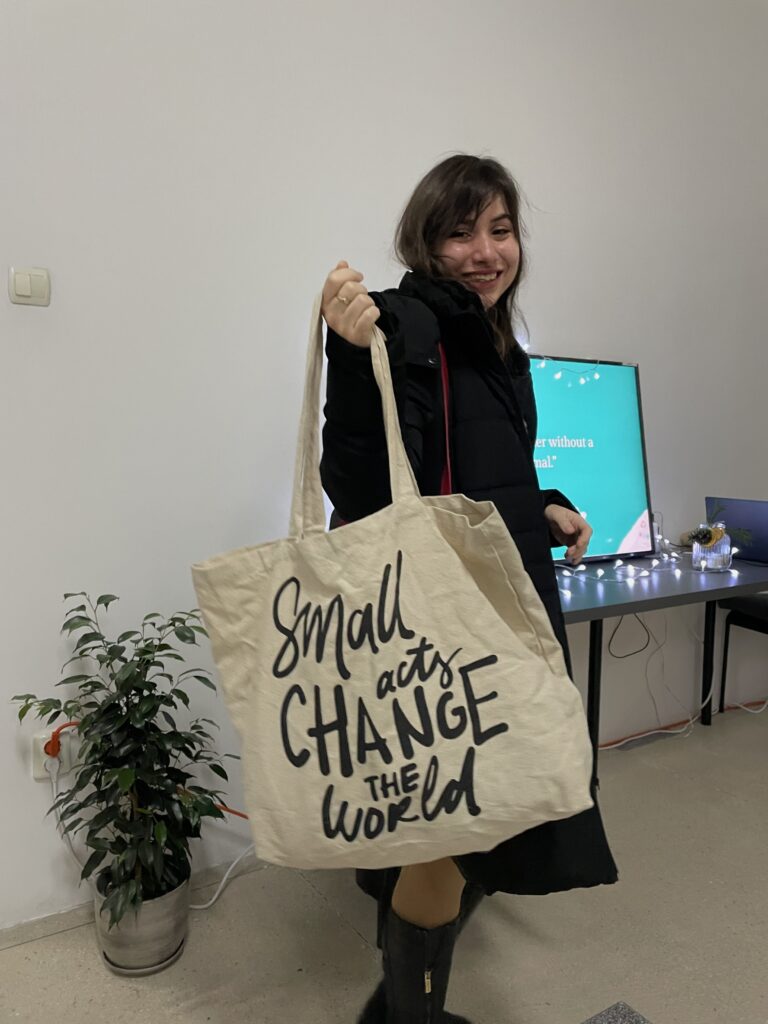
Firstly, you can reduce your consumption of meat. Factory-farmed animal protein has a higher carbon footprint than many other food options, and contributes to the pollution of groundwater, air and soil, while also consuming an enormous amount of energy and water.
Secondly, you can reduce your consumption by shopping less, or, if you must shop, by trying to reuse items by buying second-hand clothing.
I also challenge you to reduce by going plastic-free. You can start cutting down on plastic waste in a few simple steps: use reusable bags when you shop, ditch single-use water bottles, bags and straws, and avoid products made from, or packaged in, plastic whenever possible. If you must use these products sometimes, then be sure to recycle whenever you can!
It’s also important to be water-wise. You can conserve water by taking shorter showers, fixing leaky toilets, and choosing low-flow and low-water appliance options.
Consider choosing renewable energy – sometimes referred to as ‘wild’ energy. Kicking out our bad fossil fuel habits is critical to saving wildlife, slowing climate change, and protecting our land and water. If you can, use a green e-certified company that generates at least half its power from wind, solar, and other clean sources.
Don’t wait for other people to save our planet. A truly sustainable future, one that maintains the well-being of people and nature, rests ultimately on how we all choose to live our lives — the choices we make today will affect generations to come.
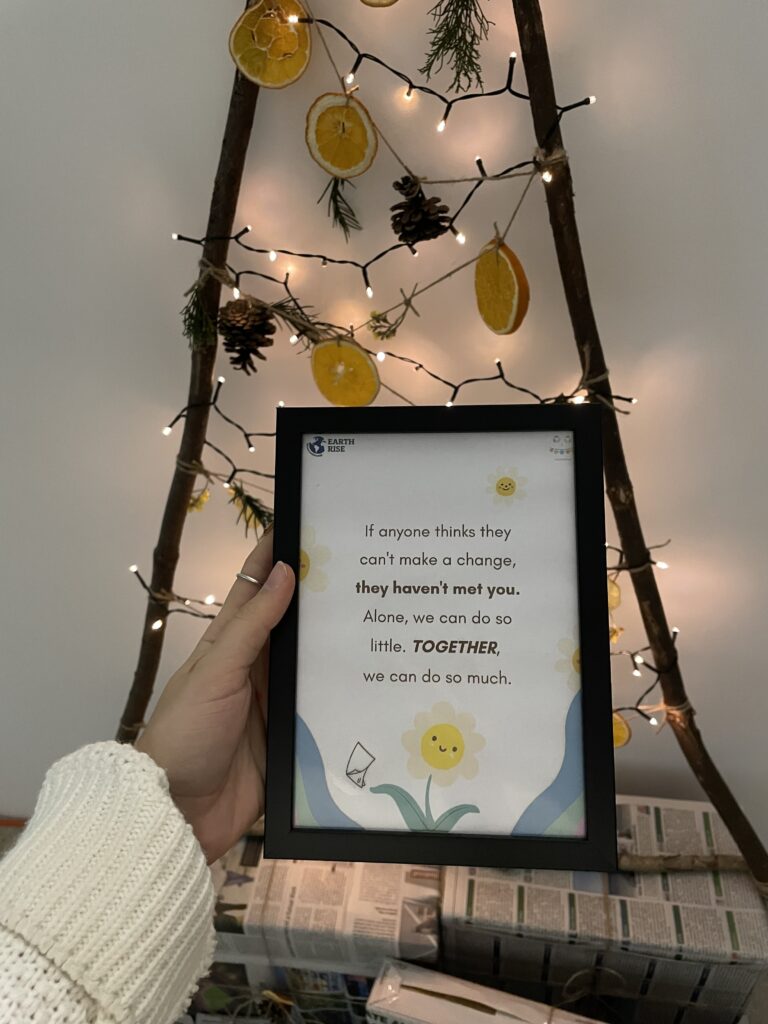
To help you kick-start your sustainability journey, you can learn more about what the term actually means and what you can do by using the recommended readings below. The most powerful weapon in saving the world is education, so let’s get to work!
Here are some book suggestions to enable you to start learning more:
- Pale Blue Dot: A Vision of the Human Future in Space, Carl Sagan (1997)
- Doughnut Economics: Seven Ways to Think Like a 21st-Century Economist, Kate Raworth (2018)
- How to Avoid a Climate Disaster: The Solutions We Have and the Breakthroughs We Need, Bill Gates (2021)
- How To Save Our Planet: The Facts, Mark A. Maslin (2022)
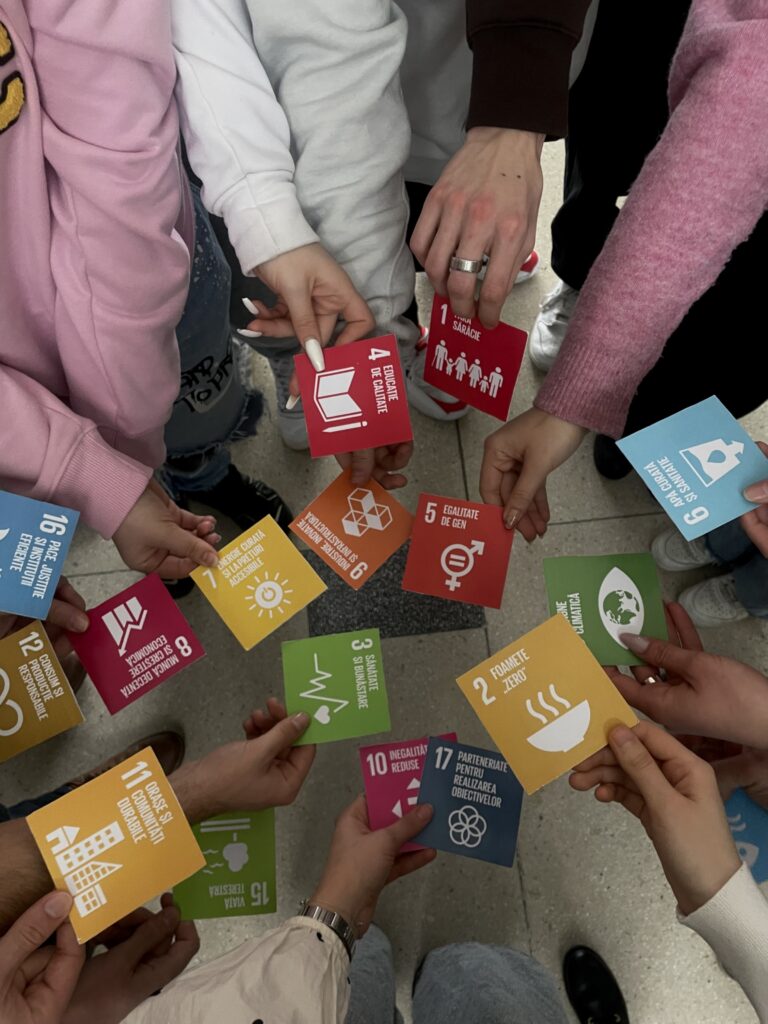
Sources: https://www.ipcc.ch/2022/04/04/ipcc-ar6-wgiii-pressrelease/
https://kora.app/blog/what-is-still-holding-us-back-from-living-a-sustainable-life/
LATEST

Building Europe: Poland’s experience of joining the European Union and lessons for Ukraine

World Health Day 2024: My Health, My Right

EUREKA MEETS EUROPE – opportunities to develop and study. My experience

Can you wear pink in the workplace?
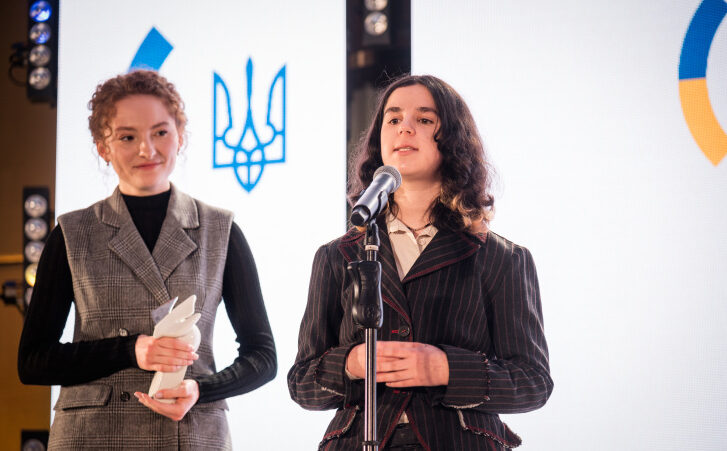
Go where your deepest fears lie: finding the courage to overcome gender barriers in STEM
More campaign pages:
Interested in the latest news and opportunities?
This website is managed by the EU-funded Regional Communication Programme for the Eastern Neighbourhood ('EU NEIGHBOURS east’), which complements and supports the communication of the Delegations of the European Union in the Eastern partner countries, and works under the guidance of the European Commission’s Directorate-General for Neighbourhood Policy and Enlargement Negotiations, and the European External Action Service. EU NEIGHBOURS east is implemented by a GOPA PACE-led consortium. It is part of the larger Neighbourhood Communication Programme (2020-2024) for the EU's Eastern and Southern Neighbourhood, which also includes 'EU NEIGHBOURS south’ project that runs the EU Neighbours portal.

The information on this site is subject to a Disclaimer and Protection of personal data. © European Union,